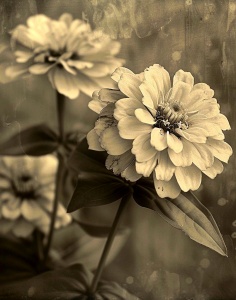Mary Alexandra, who mentions my Hakudaku: SILENCE: A WHITE DISTRUST Ram Krishna Singh, Rika Inami (Translator) published in October 2021 on Listopia for readers to discover the book, writes the following in a personal mail to me dated 15 January 2026:
"Hi Dr. Singh,
Observing how readers in international poetry,
haiku, and tanka explore Goodreads, your book Hakudaku: SILENCE: A WHITE
DISTRUST stood out not because it’s missing, but because it hasn’t yet
surfaced in some of the Listopia paths where your ideal readers tend to
browse.
This isn’t a promotion pitch, just a reader-side observation about visibility.
Your
work masterfully bridges English and Japanese poetic forms, combining
haiku, tanka, and senryu with technical precision and a nuanced
sensitivity to language and culture. The care taken in translating these
forms while respecting both languages’ rhythmic and syllabic
constraints offers readers a rare and enriching experience, yet even
books with this unique cultural and literary depth can sometimes be
hidden from the readers who would appreciate them most.
I
sometimes quietly test reader-side discovery by placing books into
existing lists to see whether visibility shifts. This is done at no
cost, with no obligation, and without making any commitments.
If
that’s not something you’re interested in, that’s completely okay. Even a
quick “no thanks” is fine, I just didn’t want to assume.
Warmly,
Mary "
https://www.goodreads.com/book/show/176736850-hakudaku

https://www.goodreads.com/list/show/226023.Translated_Poetry_2025
















